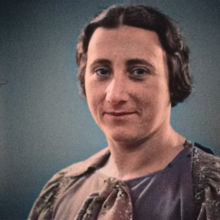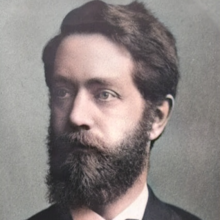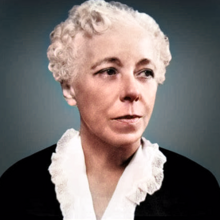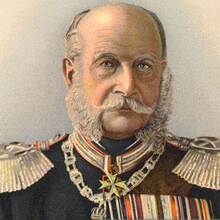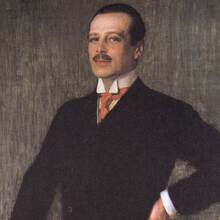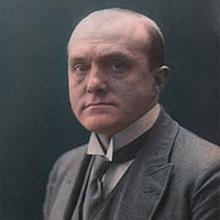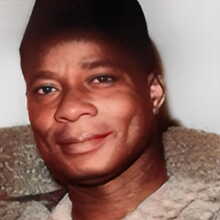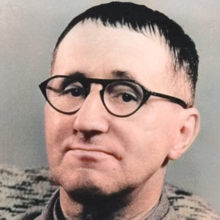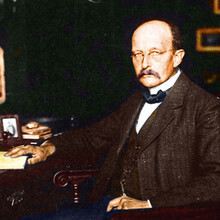
Personal
Other names:
Job / Known for:
Founder of experimental psychology, Structuralism
Left traces:
Psychological laboratory, Philosophical studies
Born
Date:
1832-08-16
Location:
DE
Neckarau, near Mannheim, Baden, Germany
Died
Date:
1920-08-31 (aged 88)
Resting place:
DE
Death Cause:
Heart failure
Family
Spouse:
Sophie Mau (1862–1920)
Children:
Eleanor Wundt (1866–1946), Louise Wundt (1868–1954), Max Wundt (1879–1963)
Parent(s):
Maximilian Wundt (1787–1846), Marie Frederike Arnold (1797–1868)
QR Code:
Show More
Rank
Users ranking to :
Thanks, you rate star
Ranking
5.0
1
Fullname
Wilhelm Wundt
Fullname NoEnglish
Wilhelm Wundt
Slogan
The task of psychology is to investigate the connections between conscious processes
About me / Bio:
Show More
Article for Wilhelm Wundt
Died profile like Wilhelm Wundt
Comments:

